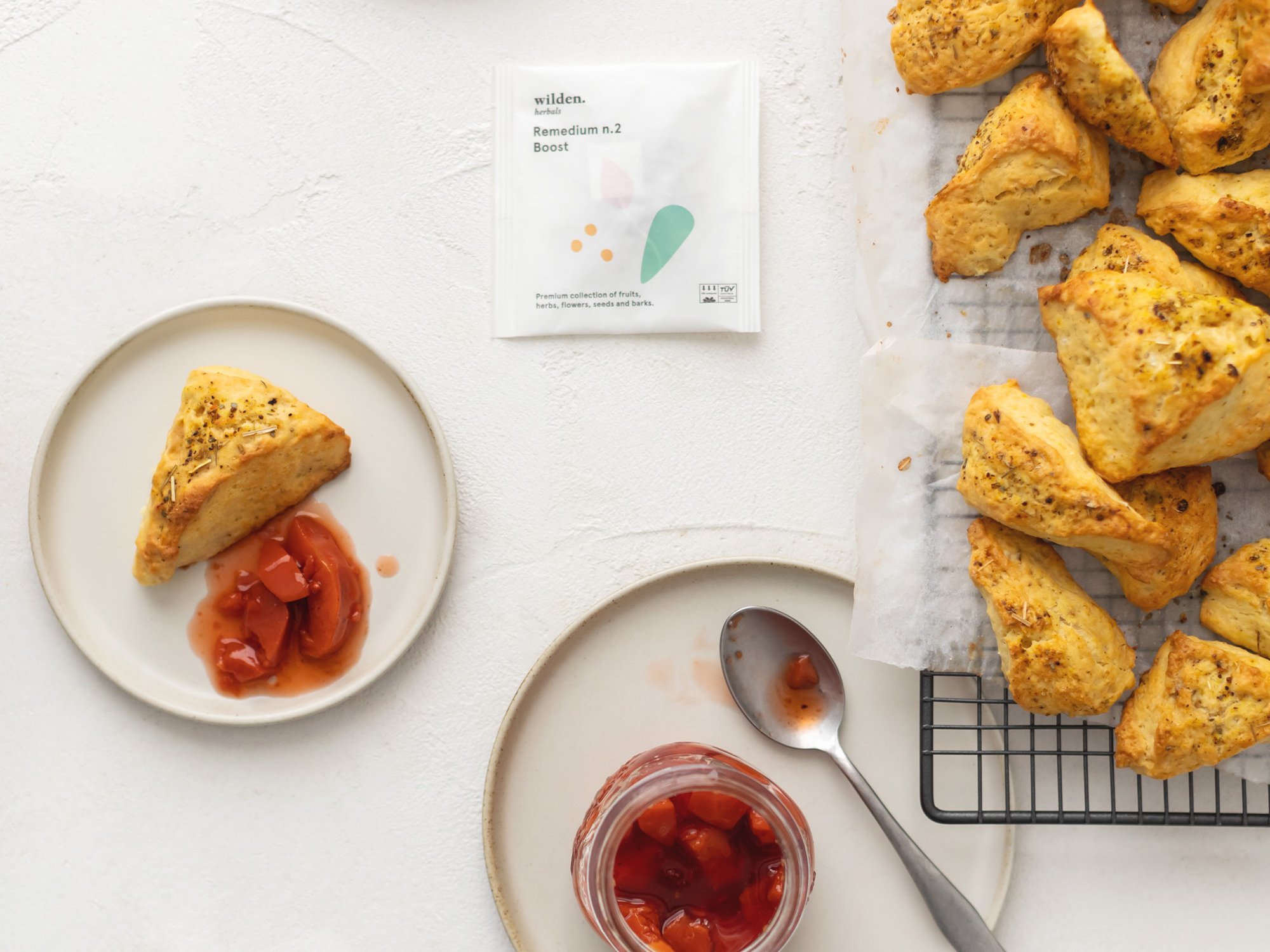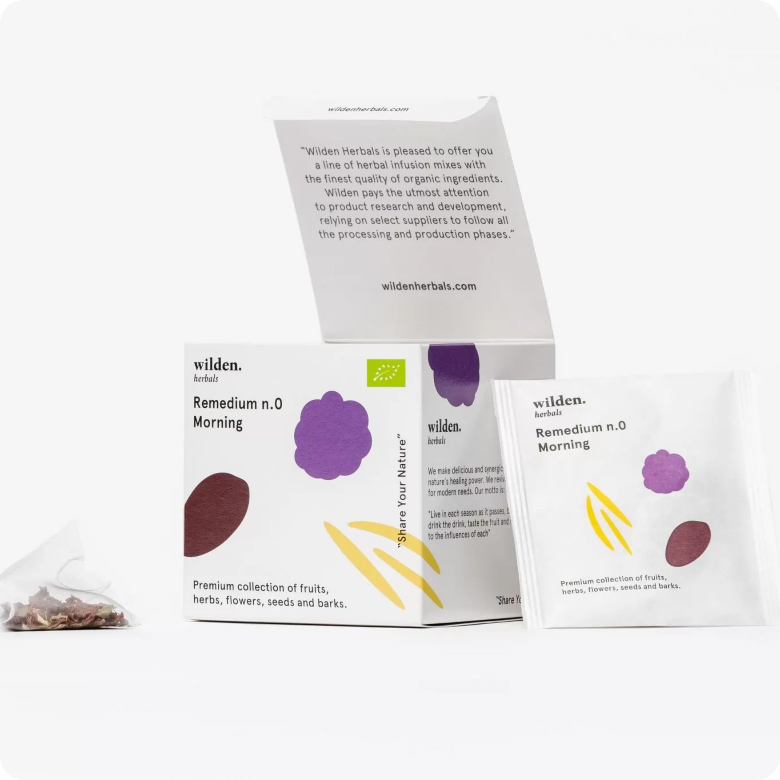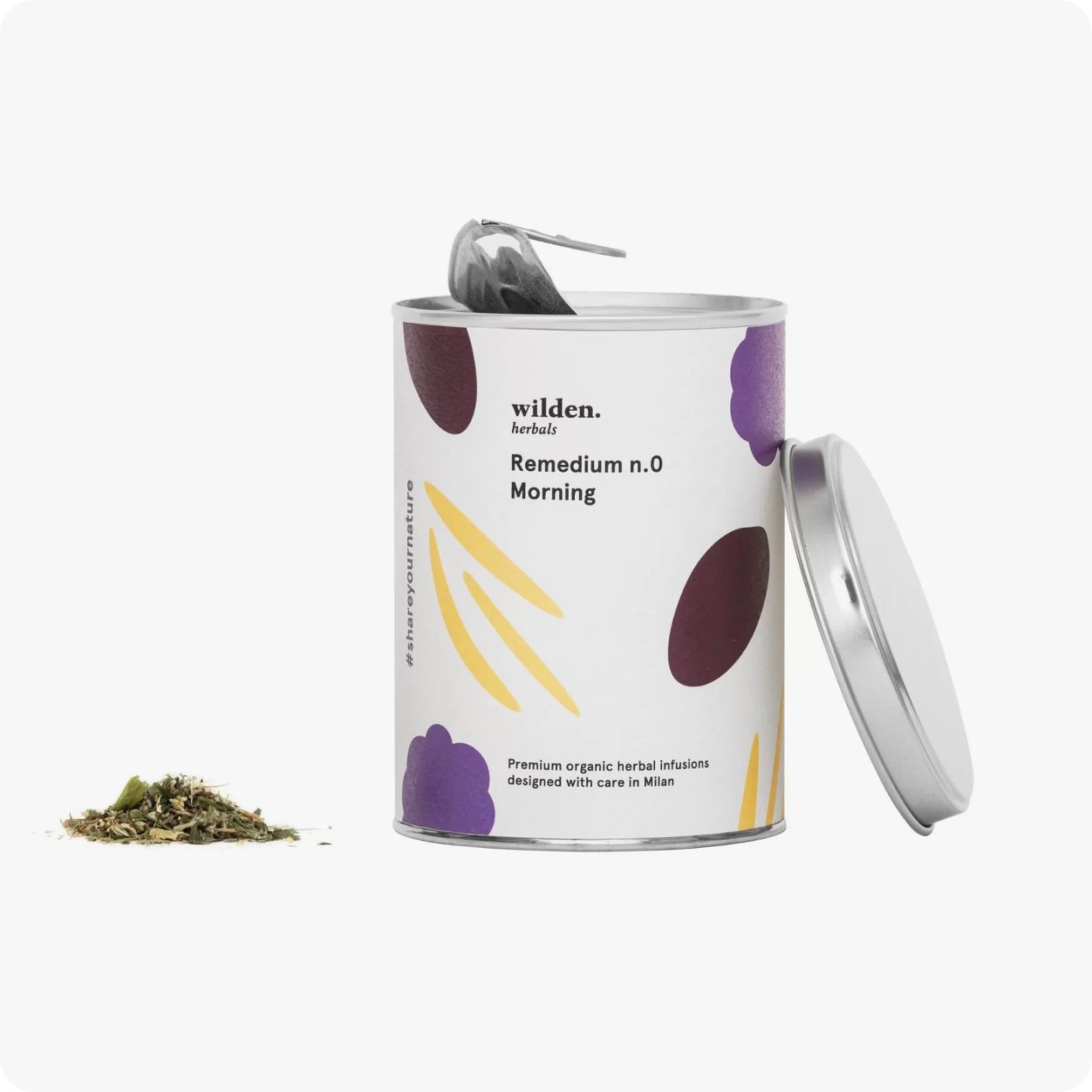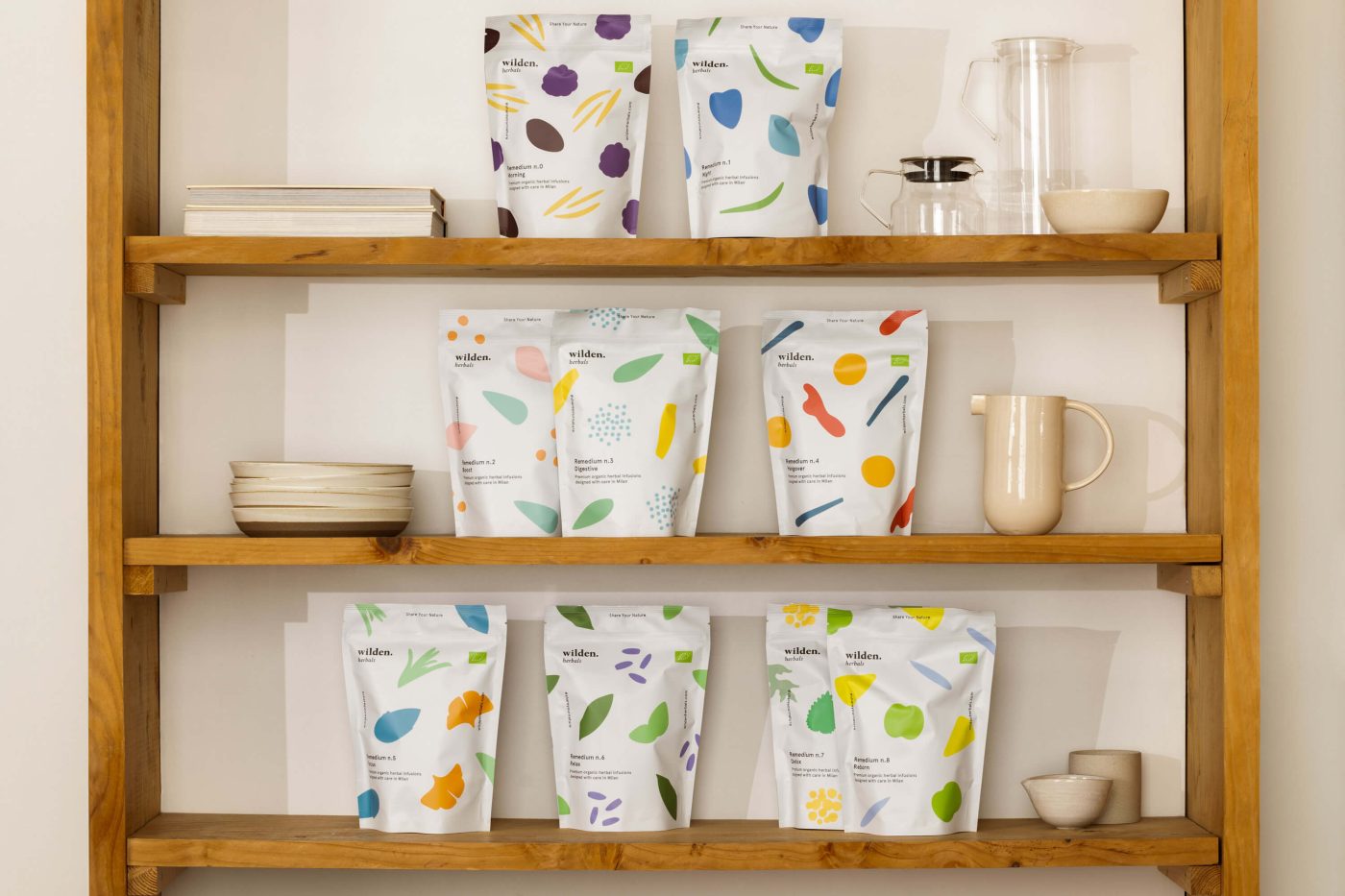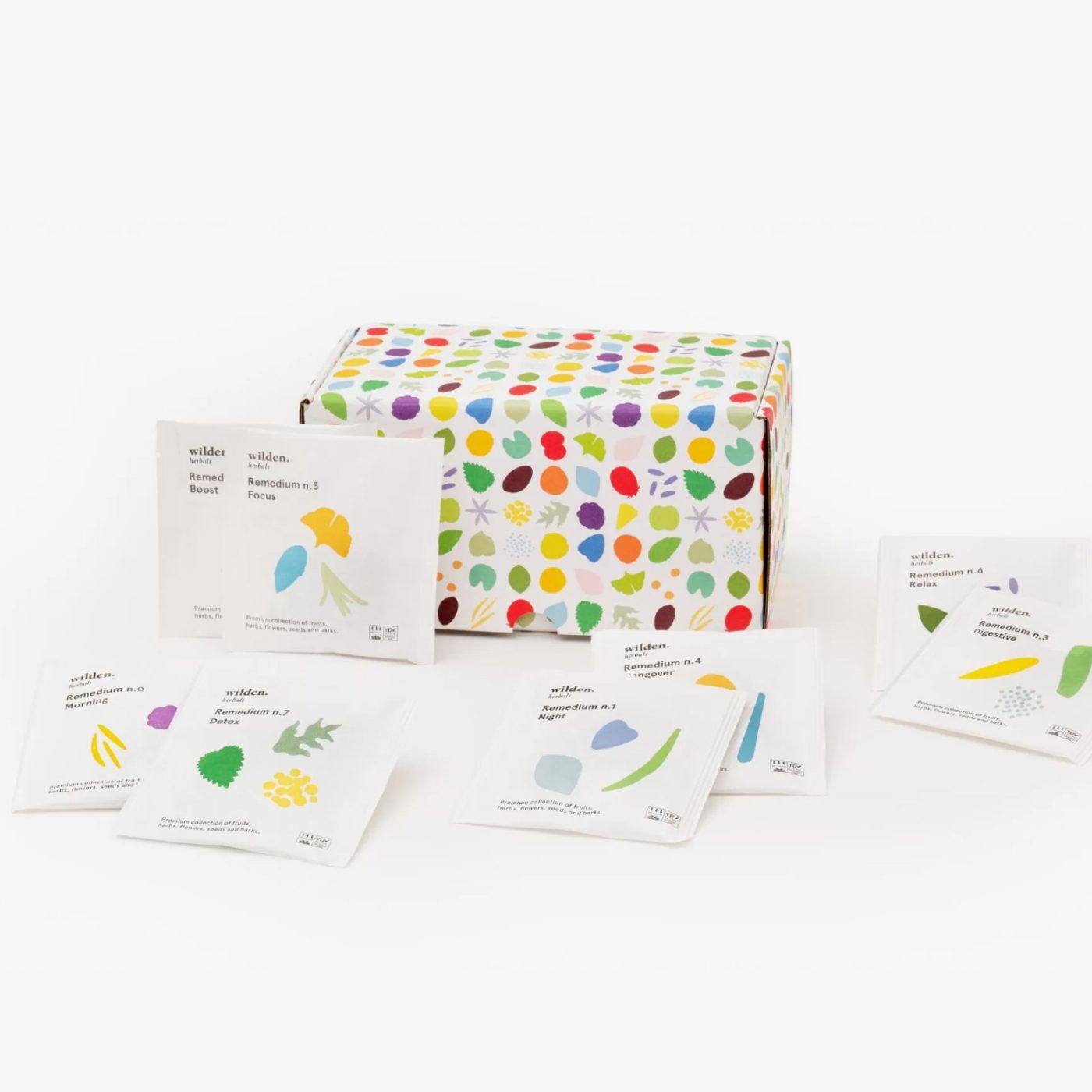Making Wilden | The Alchemy of Food by Carol Povigna
Wilden.herbals meets producers, artisans, entrepreneurs and realities close to the philosophy of wildness and today brings you to meet Carol Povigna, coordinator of the UNISG Pollenzo Food Lab.
Start again from simple things and revolutionize the way we live. Behind every small cultural act lies a passion. It is first and foremost respect for nature that moves researchers and practitioners close to Wilden.herbals. The common thread that binds them is the desire to see the world with renewed eyes, and this is their story.
A gastronome and graduate of the University of Gastronomic Sciences in Pollenzo, Carol Povigna has been playing with food for years, literally. An expert in gastronomic transformation practices and kitchen organization in restaurants, Carol has long held positions of responsibility. Since 2013 she has been working at UNISG in research projects and teaching activities at the Pollenzo Food Lab. We had a chat with her.
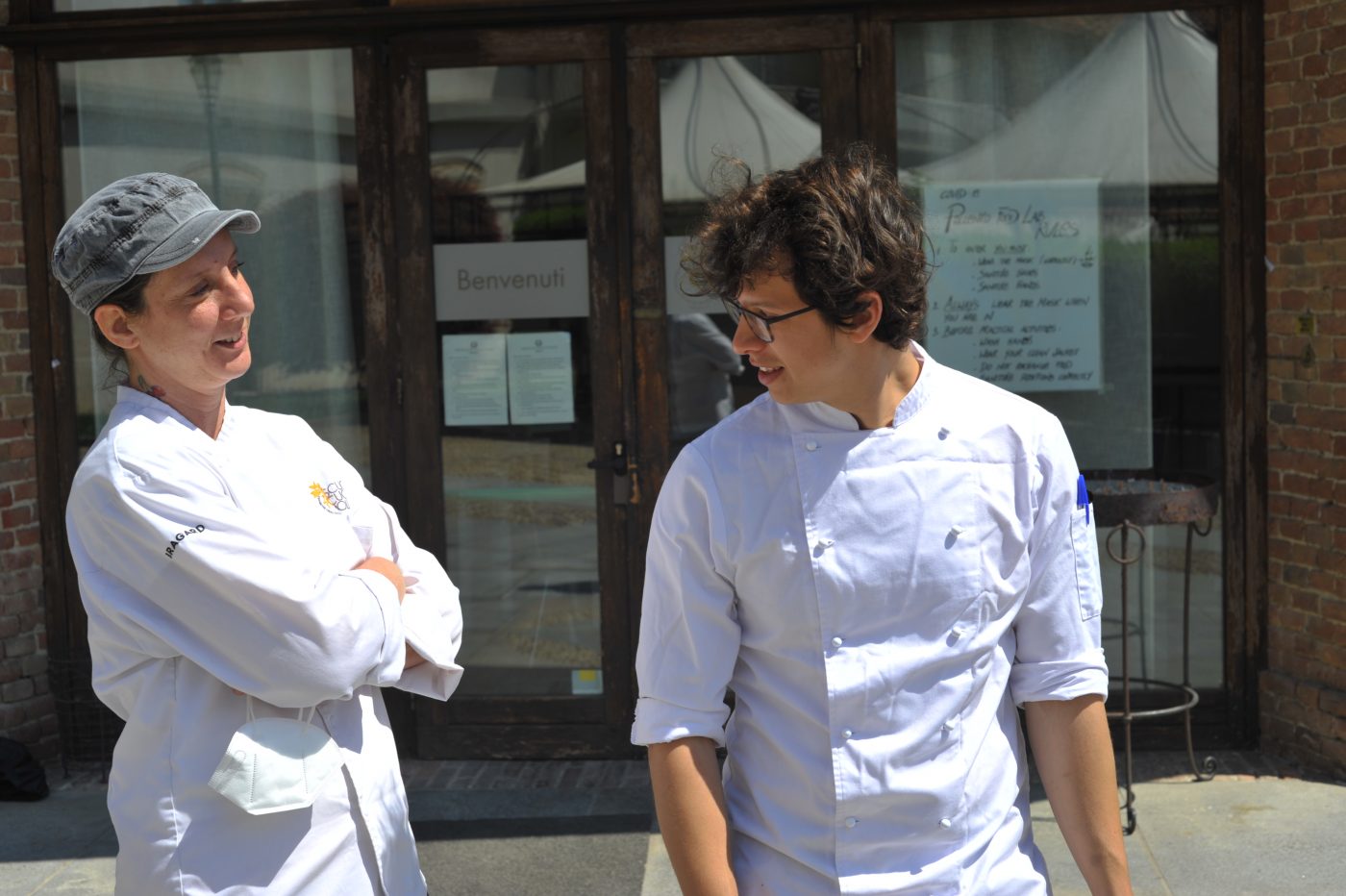
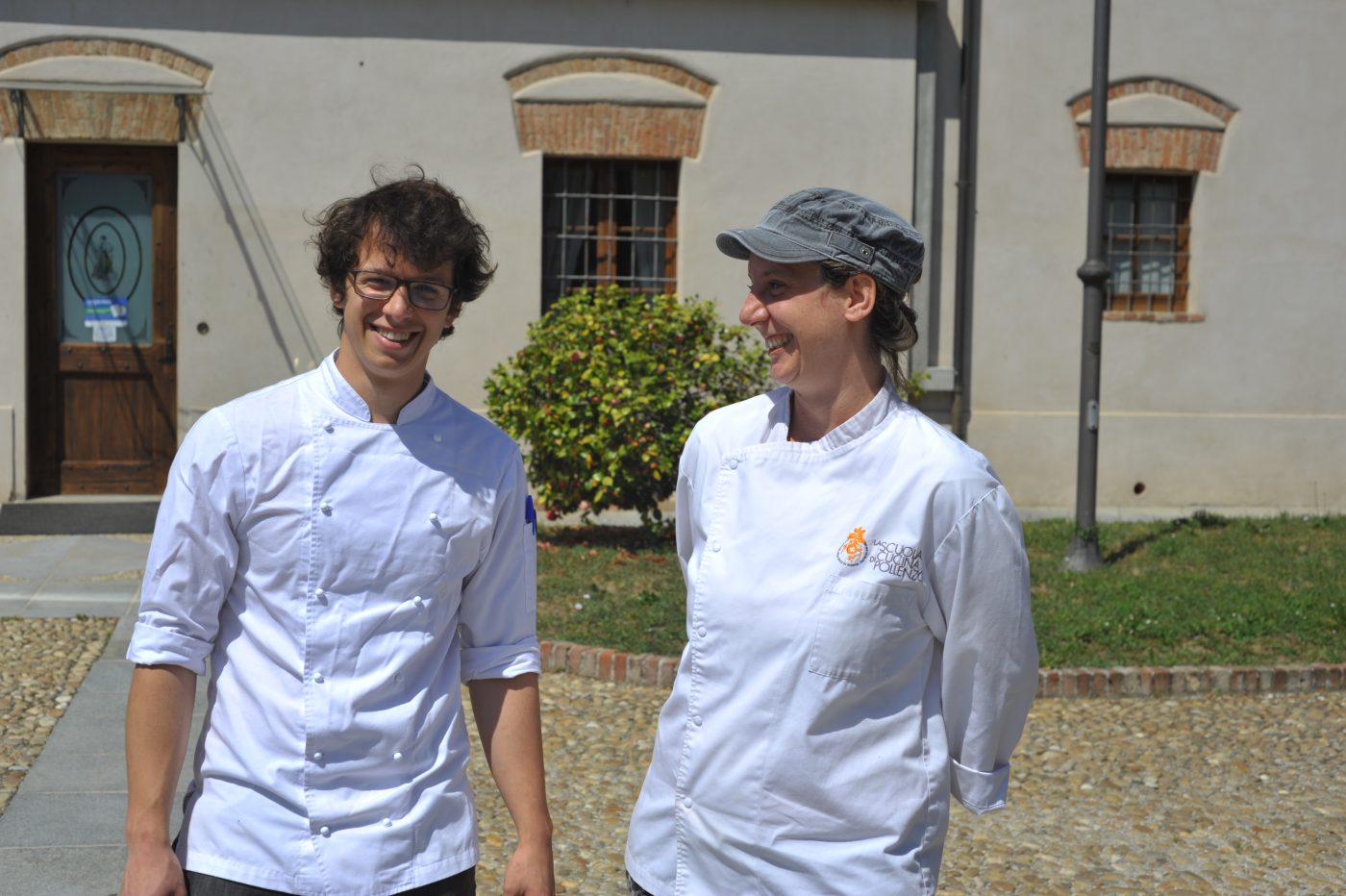
Can you tell us about your path?
It all started in 2007, the year I graduated from the University of Gastronomic Sciences in Pollenzo with my thesis Youth and Food: Food Education as Training in Ethical Relationships. Initially I wanted to work in the field of education, especially with children: I was interested in how multidisciplinarity, active teaching and experiential learning could both reinforce knowledge and convey related ways and traditions, especially in a community dimension: e.g., how one is, how one interacts with others, and so on.
Since our university days we used both horticultural production and cooking, working with schools and teachers. I continued to do this for a few years and then began a new experience in professional kitchens. Over the years I found that my greatest interest was related not so much to culinary creation as to the relationships that were being created. It’s funny to think about it, but every day I had to prepare a recipe, a menu standard, for someone I didn’t know, someone with whom I didn’t have a relationship: the customer, a person whom you, as the chef, have to satisfy. Here, for me this was the most fascinating aspect of cooking.
Nine years ago I returned to Pollenzo – somewhat by accident. The project Academic Tables and at the same time I was thinking about birthing a cooking school project, a model capable of challenging all the standard systems of working in a kitchen.
Academic Tables helped me so much to mature a new awareness: for me it meant working each time with different chefs who brought their own history and philosophy to the University. These chefs were moving in an unfamiliar environment and with raw materials that tended to be sourced from us working on site at the University. Often they were raw materials that maybe they were not used to working with but were a reference for us within our Gastronomic Sciences pathway.
Lo and behold, the result of this process was the beginning of the “cooking school” educational project, which later became the Pollenzo Food Lab: a way of doing knowledge in an organized and organic but above all systematized way, ideal for those who want to work in professional cooking or for those who want to adopt gastronomic transformations as a sustainable and ethical vehicle.
What does food and nutrition education mean to you?
It means many things. It means giving dignity to a body of knowledge transmitted, until a few years ago, within the family unit. It has to do with anemotional experience: touching the raw material in order to process and transform it-which then, is a life and educational journey. I think, since the 1950s, the role of emotion in food has diminished. It is no accident that for me to do education about food and through food is to recover the emotional power of that knowledge.
Within the Pollenzo Food Lab, when we build an educational activity, we ask ourselves how we can succeed in activating this emotional force, this motivation and passion, but also how we can convince those in front of us to become emotionally contaminated to get involved in all senses. All this for me is synonymous with tasting, getting hands-on, being a protagonist in a challenge that cancels barriers and recovers a belly-based knowledge – symbolically and literally.
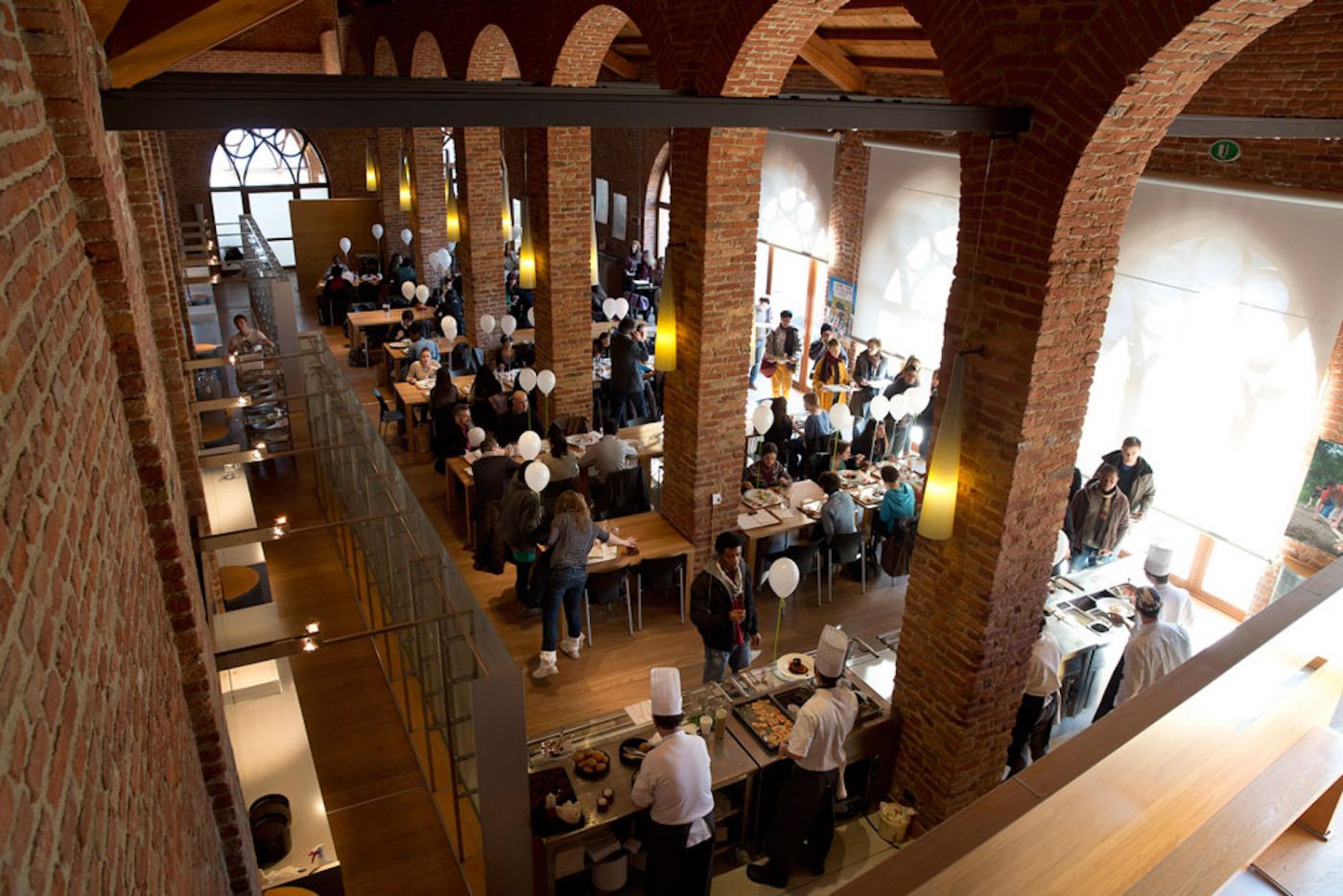
Unlocking a memory: the relationship with food in childhood
The first memory that comes to mind is my father calling me “manona,” meaning “incapable of using my hands.” When I tried to help Mom or Grandma in the kitchen, the results were generally terrible. In Piedmont there is a saying that suited me, and it translates like this: you’re good with your head, but you’re not good with your hands. And so…I used to cook a lot with sand and stones!
My arrival in the kitchen was experienced as a real personal challenge: I wanted to finally overturn this “smart who can’t do things” name of mine. This is also why I experienced until I was 18 years old a strong sense of enmity for food and gastronomy…because of that nickname, manona! Now, however, it has become a fun memory.
How did the collaboration with Wilden.herbals come about?
Nicola Robecchi(founder of Wilden, ed.) is first of all a colleague from a university background. What’s more, she is a person rich in knowledge (and what’s more, able to apply it, not so obvious!) but even more so in interacting in the world.
I find Wilden to be a fantastic project: it is based on an ethnobotanical study and, through the senses, it gives back to the consumer a pleasant product that is at the same time rich in content and manages to create a relationship with people. Herbal tea becomes a key to give value to the sensory experience but is at the same time a vehicle for health, all in full respect of ecosystems and with a friendly style-because if you do a study work the aspect of entertaining people is central and you have to create tools that can engage and communicate in an immediate way.
Here: Wilden is doing it very well and is succeeding in creating something that didn’t exist before. These are new products, based on very old traditions with deep roots in the land, capable of building a new system and a new awareness of consumption.
“Healthy and wild” is the motto of Wilden.herbals. What does it mean to you to be “healthy and wild”?
Savages is a beautiful word: it encompasses irreverence, instinct, fun, the desire to challenge oneself, along with natural, spontaneous character. In naturalness there is an innate orientation to preserve oneself, to prevent, to take care of oneself in order to stay healthy.
Here(and I echo the one you made me!): transforming raw material means caring, but that cannot happen without a certain degree of wildness.

